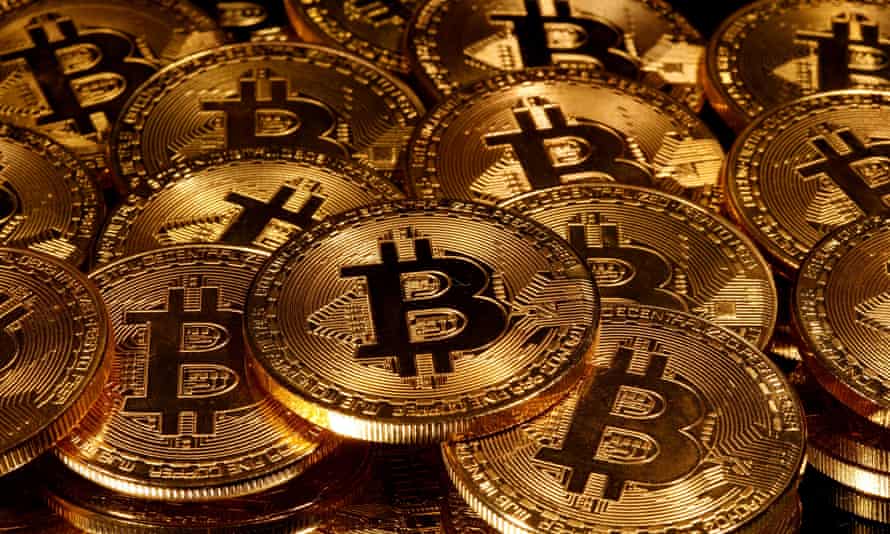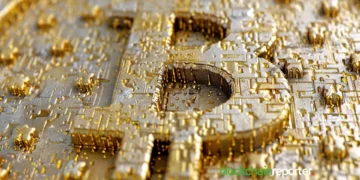Bitcoin is having one of its biggest years in its short history. The digital asset has emerged as a household name, especially after its recent bull run that saw the coin reclaim its 2017 all-time high last year. Since then, the world’s first cryptocurrency has gone on to almost triple its value, finding support from many Wall Street banks and other major institutions globally in the process.
The birth of bitcoin in 2009 introduced the world to a new finance counterculture that sought to eradicate the flaws of fiat currency. According to Satoshi Nakamoto’s white paper, his creation was a “peer-to-peer version of electronic cash” that would bring the world more straightforward access to financial services.
Why Bitcoin is a Blessing in Disguise
Money’s migration into cyberspace promised to solve many issues that plague the traditional financial system, such as inflation and lack of decentralization, which culminated in the 2008 banking crisis.
The new invention took off despite doubters decrying it as inherently worthless or just another Ponzi scheme. Critics also highlighted bitcoin’s poor environmental credentials, citing the unsustainable amounts of energy used during mining.
Still, bitcoin has proven to be a force of good in the world because it introduces numerous societal components that the current and future society demands.
Here is a deep dive into bitcoin features that could help deal with some of the ills that affect current society. We shall also examine humankind’s evolution on the social perspective and why they are likely to adopt the world’s largest digital currency and its underlying tech.
Humankind’s need for Privacy and Decentralization
Money’s migration into cyberspace brings privacy and decentralization that fiat money has failed to provide to society for centuries.
Long before Satoshi Nakamoto finally published his white paper and committed the genesis block to the bitcoin chain in Jan 2009, many Cypherpunks had already advocated for the idea of an anonymous monetary system.
These groups held libertarian ideas about privacy, freedom of speech, limited government, and some eventually became involved in the development of the Bitcoin Network. They had the belief that anonymous transactions were vital in a free and open society. The network creator held the same views, given that he dedicated an entire section of the Bitcoin White Paper solely to the ideology of privacy.
Due to its unprecedented ability to facilitate peer-to-peer transactions, the digital currency has gained popularity among many freedom-loving individuals worldwide. The decentralized nature of bitcoin means that no government or central bank can regulate it or manipulate its value.
The core ideology of decentralization embedded in bitcoin is a huge part of why society is increasingly adopting it as an alternative medium of exchange.
Searching for a Reliable Inflation Hedge like Bitcoin
Almost everyone knows the importance of fiat money as a standard payment method for products and services. Unfortunately, the Achilles heel of the current monetary system is ever-growing inflation. The argument is that fiat notes and coins are bound to decrease in value as central banks across the world continually print more money.
The distressing issue of inflation reared its ugly head recently after the Covid-19 pandemic struck. Central banks started injecting trillions of dollars into the global economy to keep it moving amid prolonged lockdowns and reduced productivity.
This expansionary monetary policy adopted by many governments caused jitters that fiat would lose value, prompting traditional investors to turn to bitcoin as a hedge against inflation.

Satoshi’s creation promises to be society’s much-awaited redemption from a flawed monetary system prone to rampant inflation. Case in point, the flagship digital coin has gained popularity, especially in countries experiencing hyperinflation, such as Iran and Venezuela.
Bitcoin offers an inflation hedge because, unlike fiat currencies, the total supply of coins is capped at 21 million. Therefore, no central bank can debase the value of bitcoin by flooding the market. What’s more, the decentralized nature of the coin means that the decisions of a few power brokers or governments can’t alter the value of an individual’s holdings.
Bitcoin: A Quest for Increased Transparency in Transactions
Bitcoin’s reputation and value continue to grow, partly because of its automated and digitized transactions that introduced game-changing transparency in the world of finance. All transactions are recorded and tracked in a distributed online ledger, making it impossible for any person to manipulate or alter the system.
Bitcoin ushered in the digital transformation of currency where there is no room to cheat because each transaction is recorded in the public ledger. The transparency introduced by this transformative tech is finally equipping society with the tools it needs to eliminate evils like corruption.
Transparency has also encouraged more folks to trust the new financial tools offered by cryptocurrency; this feature could eventually allow the global economy to become more closely intertwined.
The best part is that the advent of peer-to-peer technology eliminated intermediaries from the financial system. Therefore, individuals and businesses can now send value worldwide at minimal costs and experience very few delays in completing transactions.
Banking the Unbanked
Society is plagued with inequality when it comes to the accessibility of banking and financial services. At the moment, about a third of the world’s population has no access to basic banking services such as loans and checking accounts.
Many across the world see cryptocurrencies as a means to give the financially disadvantaged a fair chance to participate in the global financial system. Indeed, many bitcoin users are folks in poorly banked countries out of range from any significant banking establishments.
Numerous applications and online programs have emerged to facilitate anyone with a smartphone and internet connection to use crypto. These platforms are helping bring bitcoin closer to a broader global audience.
What’s more, bitcoin is entirely decentralized, so individuals can trade freely and quickly across borders. The increasing adoption of the blockchain has already kick-started a financial revolution that will make everyone more empowered and financially connected.
Final Thoughts
Currency, one of humanity’s most important inventions, has come a long way from our ancestors’ barter trade system. Interestingly, the development of money has gone hand in hand with humankind’s own evolution.
The recent digital transformation of money is now facilitating peer-to-peer transactions between a vast community of global users at a lower cost and without third-party interference. Virtual currency emerged as an answer to some of the issues plaguing traditional momentary systems, such as inflation, lack of financial inclusion and the need for privacy in transactions.
Bitcoin has introduced the world to low-cost transactions, cross-border remittances and a future where money is no longer tethered to the fortunes of one central bank or government. These are precisely the reasons why Satoshi’s innovation is enjoying mainstream adoption in our modern society.






















